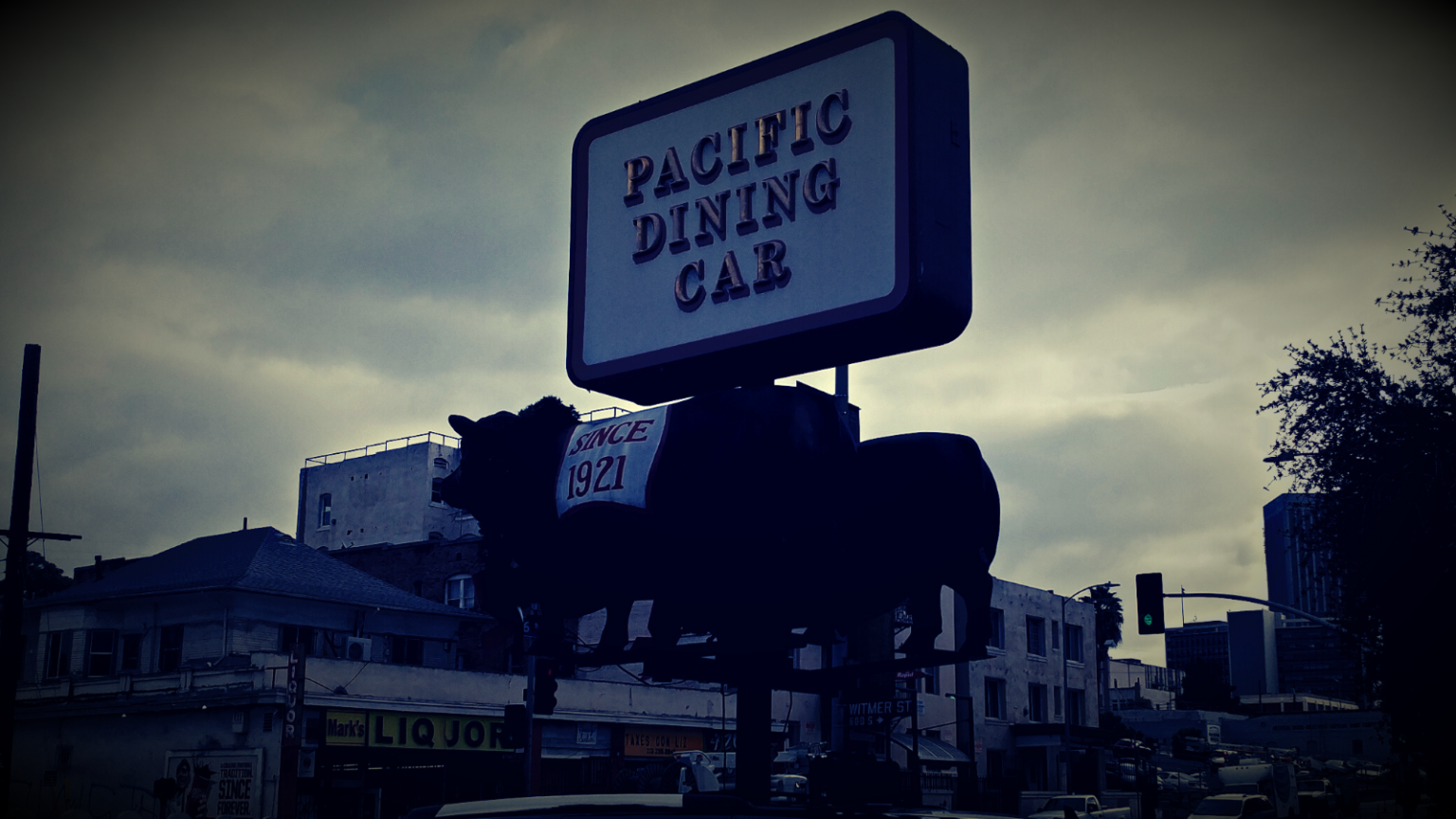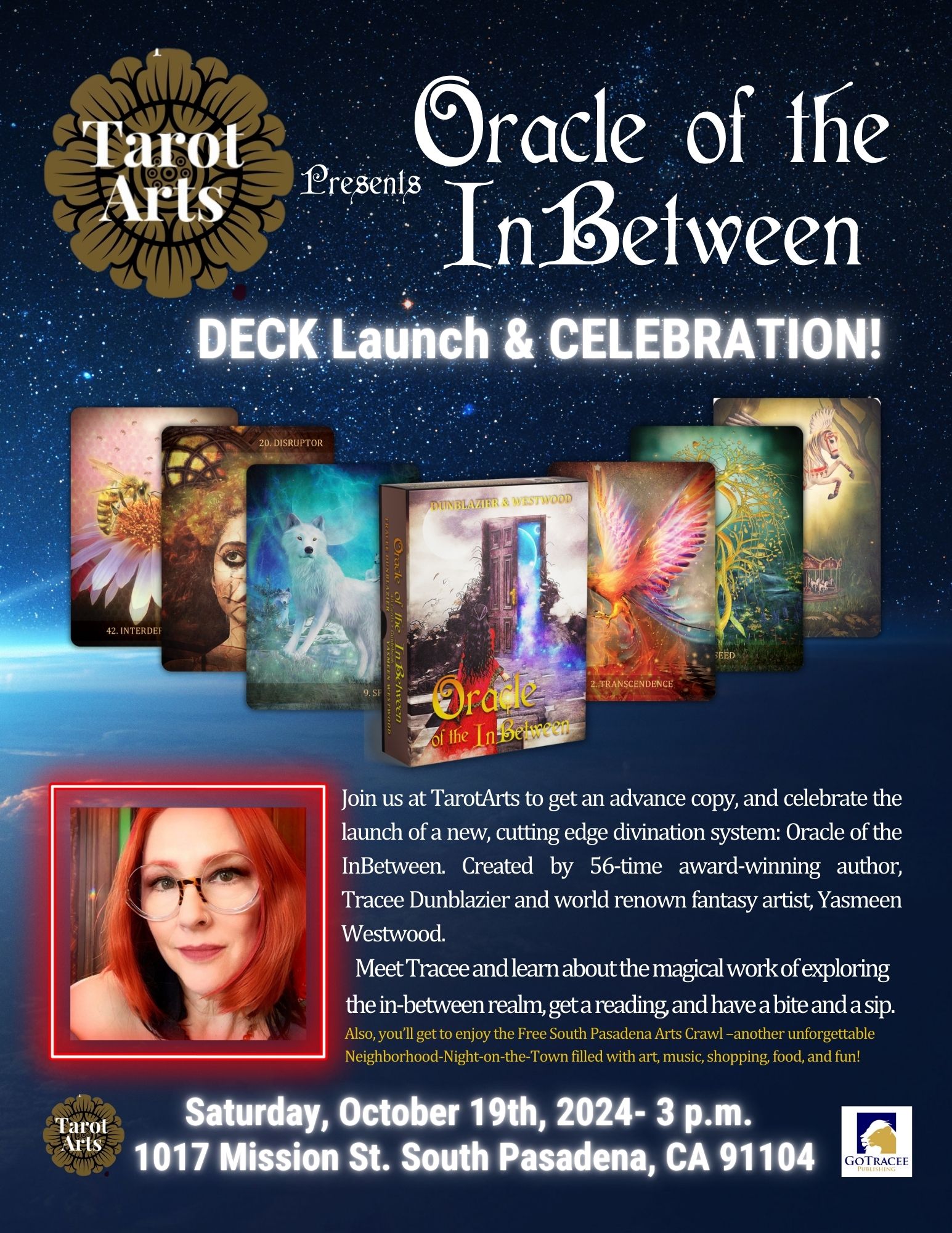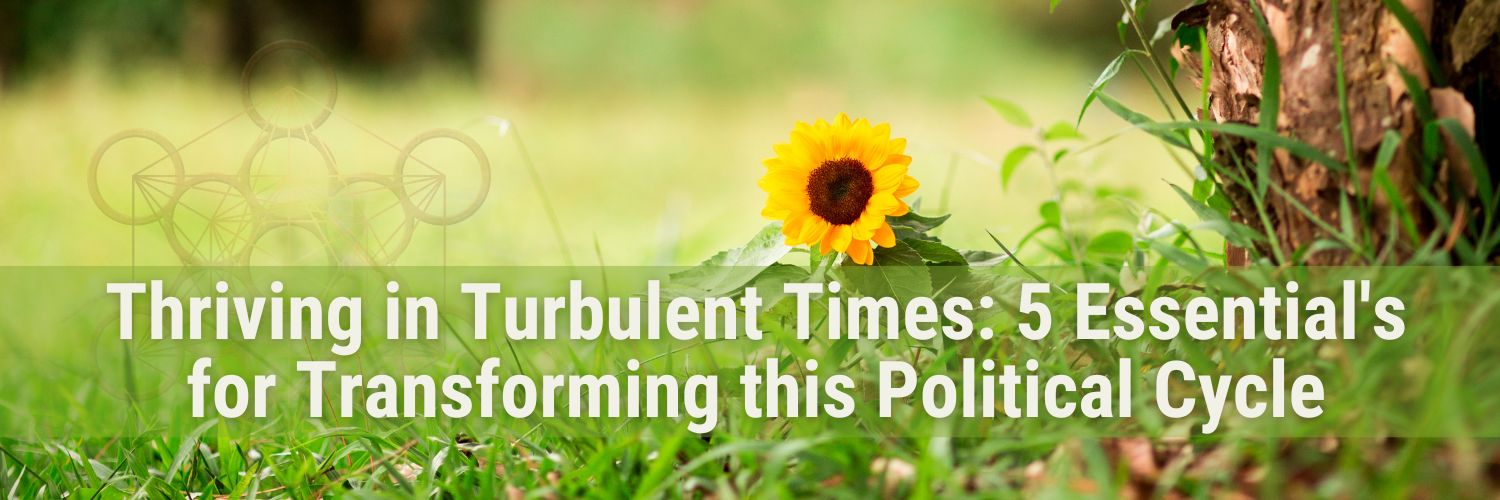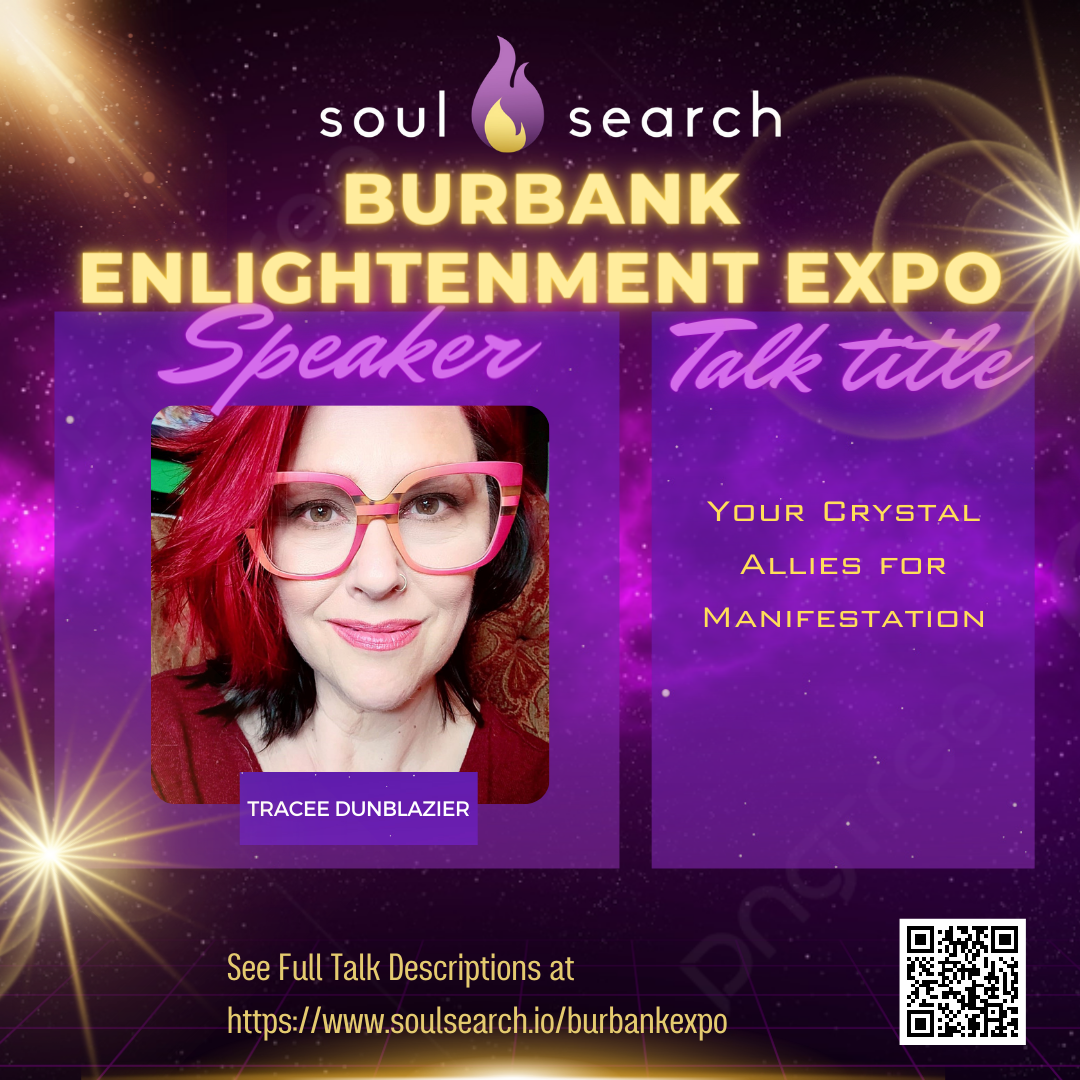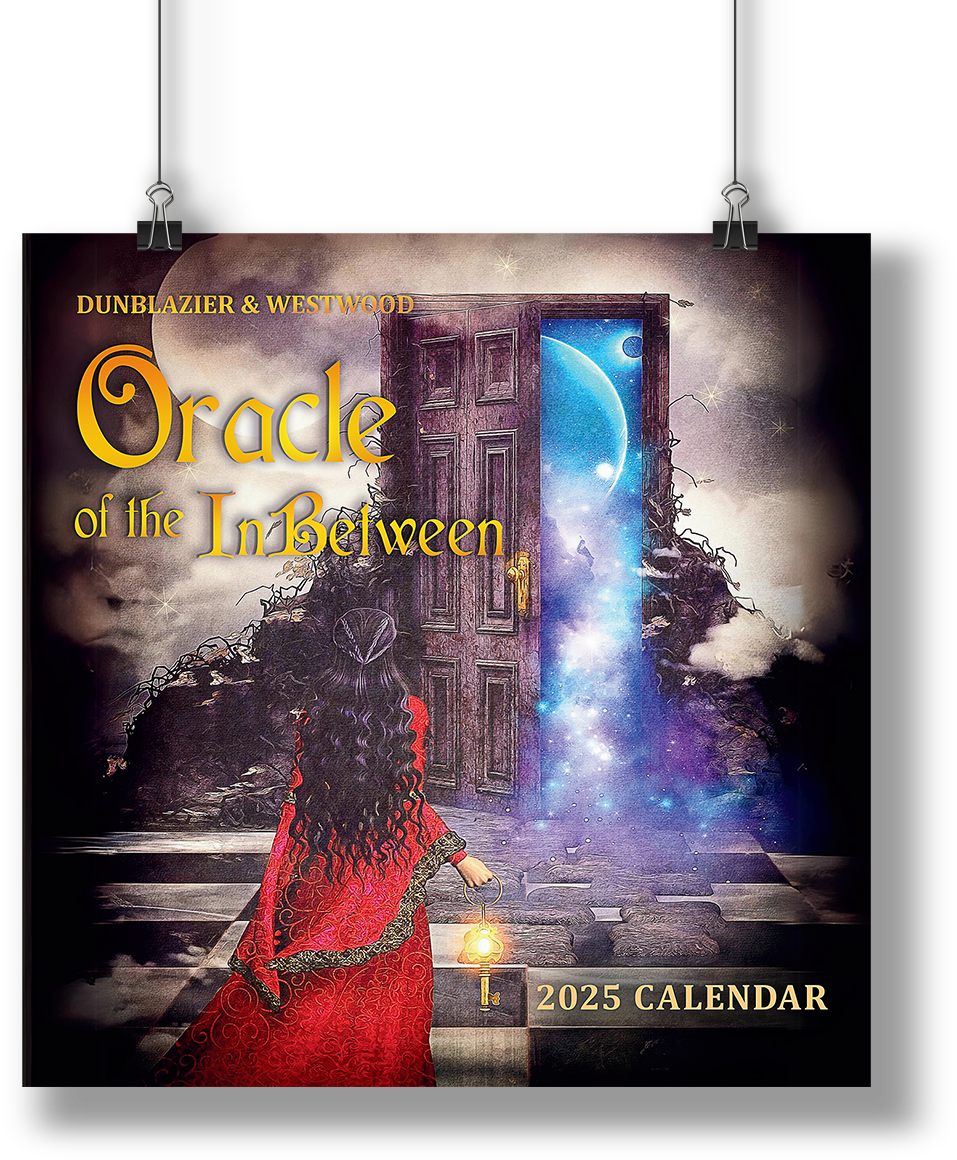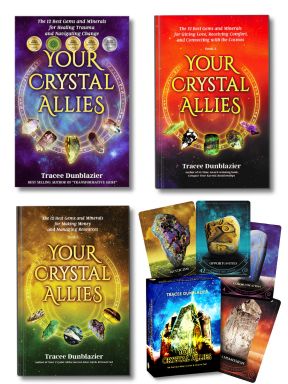
What we often dismiss as “drama” is actually unprocessed pain. If you or your love seem to have an addiction to drama, this is your chance to get clean.
I attended a healing group one time with a man I was dating; everyone was taking turns sharing their week when a woman out of turn starts screaming and crying. I turned to her and asked what was happening and she continued while pointing at another woman across the room.
I took a deep breath encouraging her to calm down and asked her if she could wait until it was her turn. She quieted.
Just as soon as the next person started, she began this time to cry and hyper ventilate holding her throat. My date turned to her and said, in a solid, firm yet calm voice, “Hey, are you okay? Is this a 911 situation? Because I will call them for you.” She looked at him and became silent and the tears stopped, as if surprised that someone was concerned–– then shared when it was her turn.
I was quite impressed with my date. He didn’t diminish her in any way, he showed concern, but went directly to the core of “Are you safe?”, and kept to the parameters of the group which were: everyone gets to speak and deserves to speak uninterrupted.
You see, oftentimes the folks whom seem addicted to drama are just having a completely different experience than others in the situation. No less important or valuable, but definitely different. This is common in a relationship, especially a new one so I’d like to shed a little light on it.
For starters, I’d like to relieve you of the term “drama” when it comes to inter-relationship dynamics. It quickly diminishes the concern at hand and when you seek to lessen the impact of something for which you do not have all of the information, it disables you from getting that information accurately. Instead of drama, let’s use the word pain. Any sort of drama a person expresses is sourced from some level of pain: past or present.
People like to resort to the term “drama” because it’s common in relationships to project pain onto a partner when they are not the cause.
Actually, you can take that as a compliment. Seriously, if someone is projecting their pain onto your relationship with them, they are doing it for one of two reasons. First, is that they feel safe with you. Often people who have lived through tumultuous experiences or abuse of some sort have difficulty expressing it unless and until they feel safe.
Don’t get me wrong, I’m not saying, “Hey, it’s okay that they treat you like a jerk…they feel safe.”
But, what I am saying is their experience of safety and trust in you allows for them to dig a little deeper into the landmine wounds of their soul, consciously or unconsciously. Which, in the land of human transformation, is a glorious momentous occasion and opportunity for healing.
The second reason is a little different. It relates to the first reason in that when people first come together, they meet spirit to spirit. For many couples this spiritual introduction is unconscious and it is the presence of reaction and the illusion of drama that let you know there is a deeper meeting of the spirit. I call it the 50/50.
The 50/50 Rule:
“The operating rule of thumb as the burgeoning independence grows inside of you, and ultimately in your relationships, is called the 50/50 Rule. It’s the understanding that everything that you encounter on every level—from thoughts, feelings, experiences, and events—is somehow connected to you, and you contribute half of their purpose. The idea is that you need the way things are happening in your life at any given time, as do the people with whom you participate.
The intensity with which you speak to someone is a direct result of their density and vice versa.”
—The Demon Slayer’s Handbook: A Practical Guide to Self-Healing and Unconditional Love, Tracee Dunblazier
Everyone has an unconscious lock and key. It is the part of their spirit that expresses itself through what it attracts or provokes in another. One person energetically provokes another to express themselves in a particular way.
For example: you desire to be treated with respect, but you deeply fear one’s hostility. Or, you deeply dislike your partner to touch your forehead…yet they keep doing it over and over. Or, you find cursing abhorable, yet no matter how many times you say it, your partner talks like a sailor. (No disrespect, I know all sailors don’t curse.)
These are the subtle little ways we gnaw at the spiritual fibers of our relationship…they cause the drama (pronounce the pain) because they appear to be meaningless irritations and idiosyncrasies that occur over and over in our relationships as petty discomfort and conflicts.
What we may not be taking into consideration is the unspoken information that is being triggered.
A person who has experienced abuse in their lifetime, or any form of racism or bigotry, may be triggered by any appearance of disrespect. The person who doesn’t like their forehead touched: maybe had a concussion from falling forehead first, out of a tree. A person who doesn’t like cursing may be an ultra-sensitive and feel the impact of the harsh language viscerally; or maybe they had an alcoholic parent that cursed at them all the time.
No matter how you slice it, unprocessed pain from any time in our conscious or spiritual life remains intact and finds ways of being brought to the surface for healing.
So, if you find yourself in a place in your relationship or with a specific partner who triggers you continually: consider these things.
- Consider that the discord in your relationship is not caused by your partner or a product of the relationship at all.
- Ask yourself what the feeling is, that is provoked when you feel triggered by your partner?
- Take some time away from your partner to reflect on those feelings and get to the origin of them.

